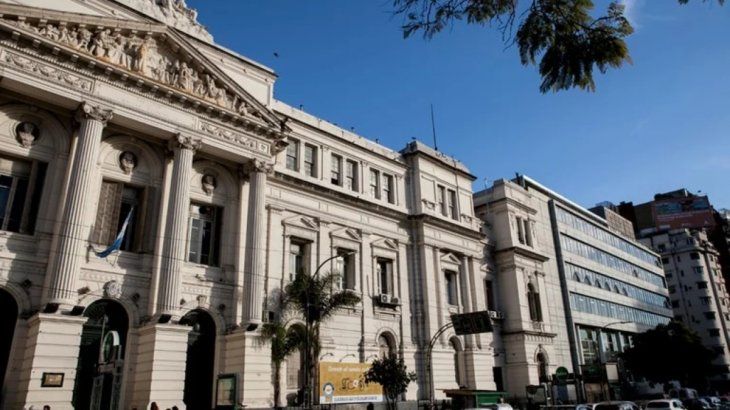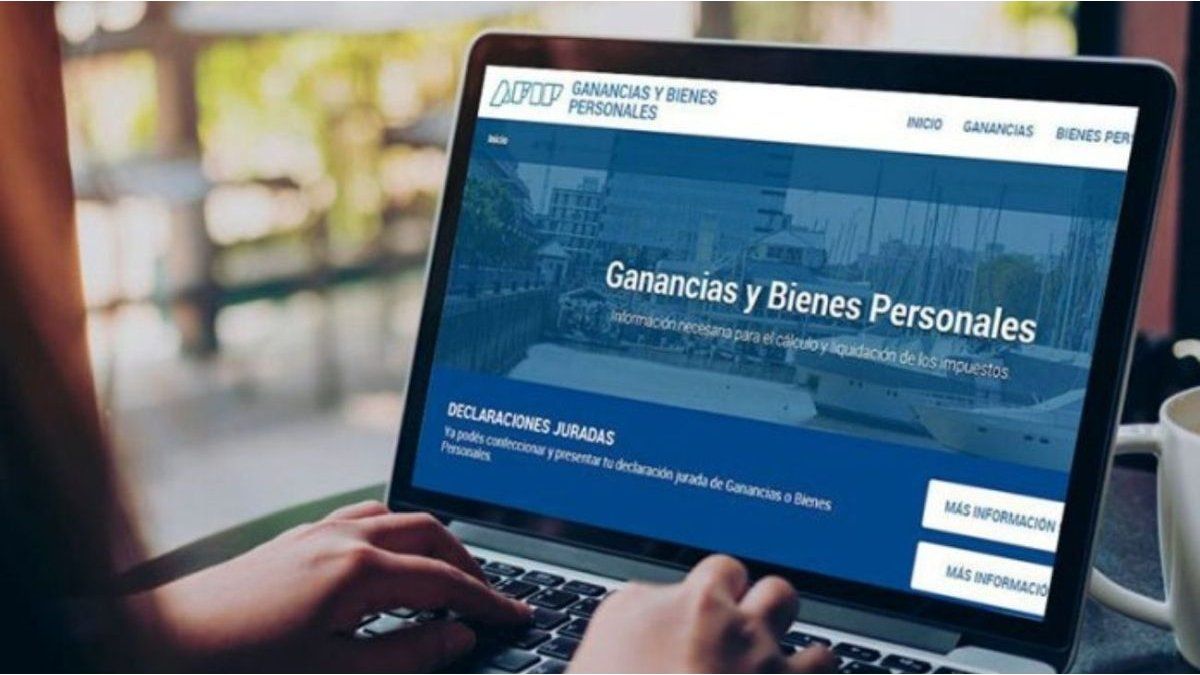For the Center for Studies for the Argentine Recovery of the Faculty of Economic Sciences of the UBA, the modifications in Personal Property would not be sustainable in the medium and long term.
Shortly after the tax package was approved in Congress, a report from the University of Buenos Aires (UBA) warns that the changes made to the Personal Property Tax “exclusively benefit the richest and “does not reward average and regular taxpayers”it states.
The content you want to access is exclusive for subscribers.
This warning arises from a report carried out by the Center for Studies for the Argentine Recovery of the Faculty of Economic Sciences of the UBA. The modifications consist of a “increase in the minimum amount of assets which pays the tax defined by law (non-taxable minimum), change in rates and (iii) creation of the Special Regime for Income Tax on Personal Property (REIBP)”, the report explains.


For the UBA report, the Government pursues two objectives: “increase tax collection in the current year and increase the inflow of foreign currency into the country.” And, in particular, he points out that it is inequitable.
Faculty of Economic Sciences uba.jpeg

The Center for Studies for the Argentine Recovery of the Faculty of Economic Sciences of the UBA published a highly critical report on the modifications to the tax on personal property.
“The approval of the REIBP seeks to obtain rapid, constant and resounding financing to the detriment of the long term and economic sustainability of the Argentine State. The promoted advance payment scheme, which reduces the contribution in the medium term, benefits exclusively the richest and “does not reward average and regular taxpayers”the study warns.
Quick profit, but unsustainable in the long term
Initially, this new regime on Personal Property would bring benefits to the already depleted public coffers, which would help maintain one of the main economic objectives of this government: the fiscal surplus. But the Center for Studies for the Argentine Recovery raises doubts about its sustainability.
“Although the Government hopes that the modifications on Personal Property will have a positive impact on current collection, the truth is that the proposed regime will result in lower tax revenues from the next fiscal years. The government aims to maintain a positive fiscal balance and, with the inflow of assets from abroad, hopes to increase reserves,” the report explains.
The problems would come in the medium and long term. “Part of the revenue from this tax would be lost, which would not be remedied with the collection due to the re-imposition of income tax on the fourth category,” he concluded.
Source: Ambito




